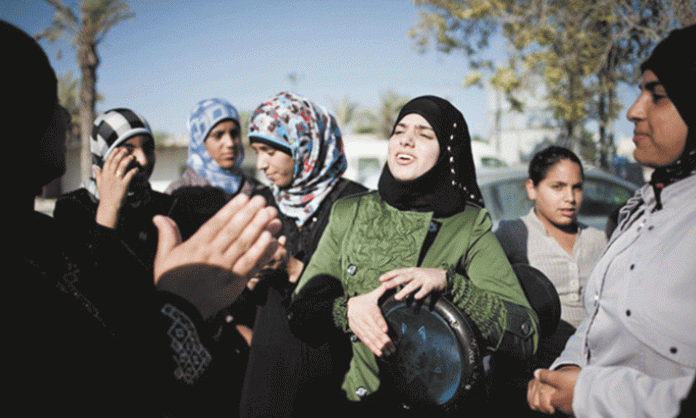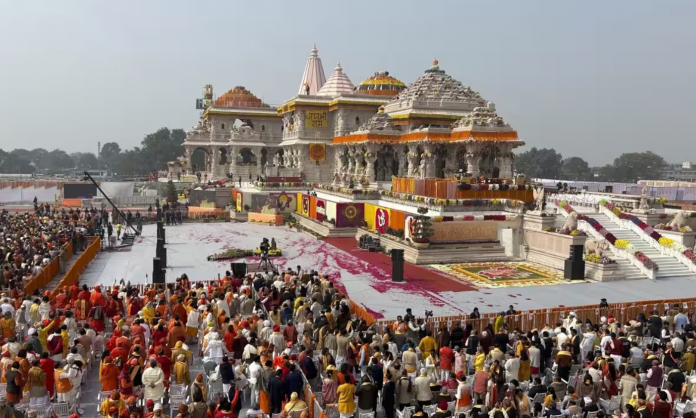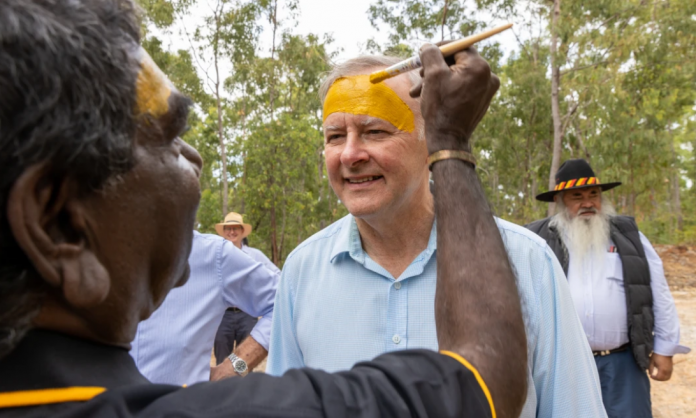The Israeli Knesset (parliament) has approved the first reading of the Arrangement of Bedouin Settlement in the Negev. More commonly known as the Prawer-Begin Plan, the bill allows for mass forced expulsions of the Palestinian Bedouin community from the Naqab (the Arabic name for the Negev desert).
According to the Israeli human rights group Adalah, if the plan is fully implemented it “will result in the forced displacement of up to 70,000 [Palestinian] Arab Bedouin citizens of Israel and the destruction of 35 ‘unrecognised’ villages”.
Approximately half of the Palestinian Bedouin population – around 90,000 people – live in 46 towns and villages located on just 5 percent of the land in the Naqab region. Israel currently recognises only 11 of these villages, despite the fact that they have existed since prior to the establishment of Israel in 1948.
Palestinian Bedouin living in these villages are treated as “trespassers on State land” and are denied access to infrastructure including water, electricity, sewage, education, health care and roads. These services are deliberately withheld by the Zionist state as part of a war of attrition that seeks to “encourage” Palestinian Bedouin to leave their land. As a result, the Palestinian Bedouin community is one of the most socially and economically disadvantaged within Israel. According to Adalah, 67 percent of Palestinian Bedouin were classified as “poor” in 2009.
The original Plan was conceived by Ehud Prawer, the former Deputy Chair of Israel’s National Security Council, in 2011 – without any consultation with the Palestinian Bedouin community. In January, amendments to the bill were made by Benny Begin, the son of former Israeli PM Menachem Begin who had been a leader of the Zionist terror militia known as the Etzel (Irgun).
Begin’s amendments resulted in the removal of some of the more offensive language from the bill, which deemed Bedouins “squatters” on their own land, as well as legitimising the use of “reasonable force” to evict them. Both the original plan and the amended bill have been rejected by the Palestinian Bedouin community.
The Prawer-Begin bill will result in the largest single act of ethnic cleansing of Palestinian Arab citizens of Israel since the first decade following the creation of the Israeli state.
In 1948, Zionist terror militias carried out attacks on the Palestinian Bedouin living in the Naqab. Then the newly created Israeli military launched a full scale ethnic cleansing operation to expel Palestinian Bedouin from the region for “military reasons”.
Over the next two years between 70,000 and 90,000 Palestinian Bedouin were expelled from the region. This systematic ethnic cleansing would continue throughout the 1950s.
While the vast majority were pushed outside the boundaries of the Zionist state, approximately 10 percent would remain. They were evicted to the Siyag (meaning “fence” in Arabic) in the northern Naqab, where they were forced to live under military rule until 1966.
However, since the 1950s the Palestinian Bedouin have continually sought to return to their traditional lands. Israel has prevented their return both militarily and also by planting trees via the Jewish National Fund. While the JNF claims that it is rehabilitating the land, the main purpose of the tree planting is to ensure control of the land.
Haneen Zoabi, one of the 12 Palestinian Arab members of the Knesset, told the Jerusalem Post on 28 May that “This is not how a normal state or even a dictatorship treats its citizens because it is very obvious that the aim of this plan is to expel the Palestinian citizens from their land and develop the land for the Jewish population.”
“We didn’t immigrate to Israel, it was Israel that immigrated to us,” she added.
Since the Prawer Plan was first announced, Israel has demolished more than 1,000 Palestinian Bedouin homes in the Naqab, while at the same time announcing plans to plant forests, build military centres and establish new Jewish settlements in the place of Palestinian Bedouin villages that will be ethnically cleansed.










